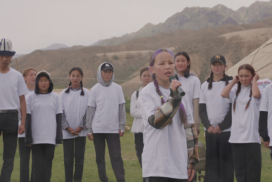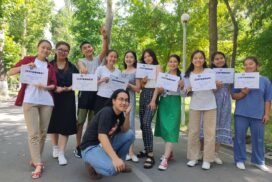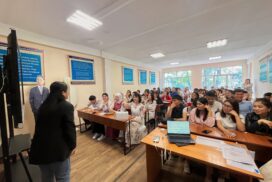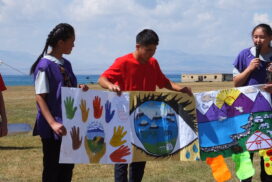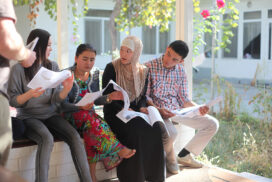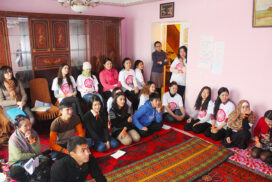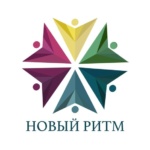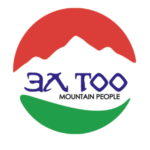Democratic youth organizing

Young people aged between 14 and 29 years make up one-third of the Central Asian population. They struggle with unemployment, poverty, an inadequate educational system, and have limited opportunities to participate in their countries’ social, economic, and political life. Young people rarely get to voice their opinions and put their priorities on the political agenda, in any meaningful way. Additionally, they are often the most vulnerable to the environmental crisis and bear the brunt of its consequences, including poor nutrition and lack of access to clean drinking water, among others. Young people often lack awareness of their rights and ways to influence their own lives or the lives of their communities. This is exacerbated by prevalent hierarchical, patriarchal norms across the societies in Central Asia, characterized by ageism, gender inequality, gender-based violence, and discrimination based on ethnicity.
National youth development policies tend to prioritize moral education of the youth, aiming to preserve traditional, sometimes discriminatory, ideas and values. There is a lack of open and inclusive platforms where youth from diverse backgrounds can gather, develop their own ideas, and initiate projects. Additionally, there is an absence of tools and methods that would align with their own perspectives and that would allow young people to deepen their awareness, knowledge and democratic influence. Youth civil society organizations struggle to secure funding and support, especially from domestic sources. As a result, the youth civil society sector remains quite atomized. Shrinking and closed civic spaces create additional obstacles for meaningful youth participation, making it difficult for young activists to operate without facing personal risks.
Our thematic vision
Youth have the space and opportunities to participate in decision-making processes and have their voices heard, building capacity as active citizens. Youth-led civil society organizations influence the development of their communities through inclusive structures and democratic engagement.
Our areas of work
EMPOWERMENT OF YOUTH AND YOUTH-LED ORGANIZATIONS
-
- Creating spaces for young people to organize and mobilize to encourage their active participation in society.
- Raising awareness among young individuals of their rights and building capacity through rights-based approach, empowering them to claim their rights.
- Supporting local youth-led organizations working in the thematic areas of human rights, democracy, gender, and conflict, to build their organizational, methodological, thematic, financial, and security-related capacities.
- Promoting methods for democratic, inclusive organizing within Central Asian youth civil society.
- Fostering ecological awareness of young people by building their knowledge and skills in practices such as permaculture and climate adaptation.
EXCHANGE PROGRAMS AND KNOWLEDGE EXCHANGE
- Organizing tailored short-term exchanges and trainings to enhance leadership skills and networks among youth.
- Hosting long-term volunteers at CAG, involving them in our information, advocacy and solidarity activities.
- Facilitating exchange of knowledge, practices, and experiences to encourage learning and growth by creating networking opportunities and supporting organizational alliances.
OUTREACH AND ADVOCACY
- Conduct informed outreach activities, including lectures, social media campaigns and publications to raise awareness of human rights issues among the general public and address hierarchical and patriarchal norms across the Central Asian societies.
- Engagement with decision-makers to advocate for the rights of young people in the region and to promote their active involvement in decision-making processes.
Our target groups

Youth

Youth-led organizations

Young women and girls

Decision-makers

Educational insitutions
Our local partners
Related blog posts
Related videos
Explainer clip about how peace and security impact young people’s future in Central Asia and how youth can influence the peace and security agenda in the region


